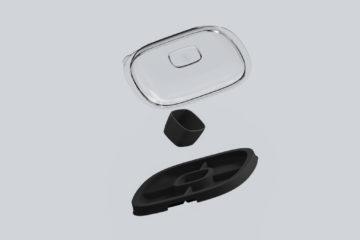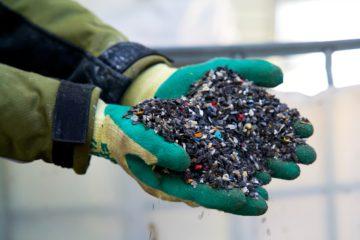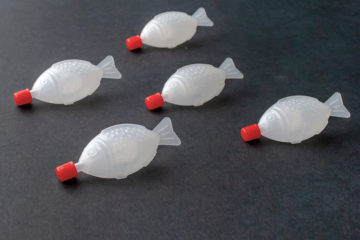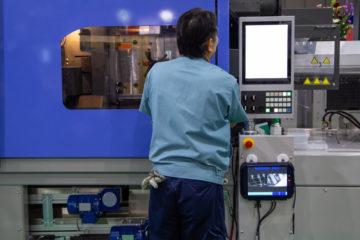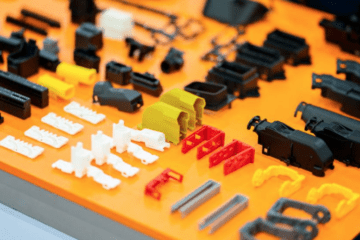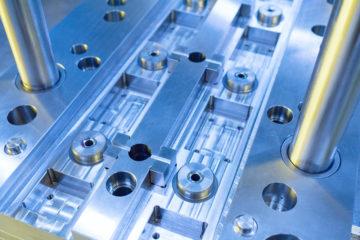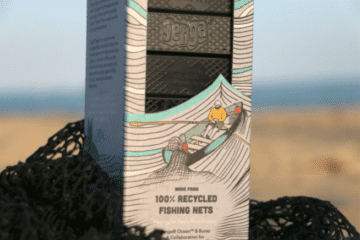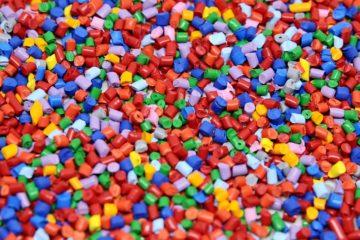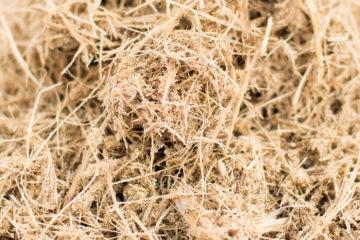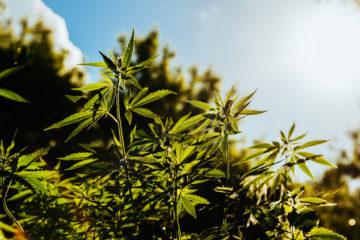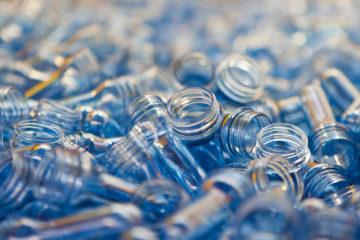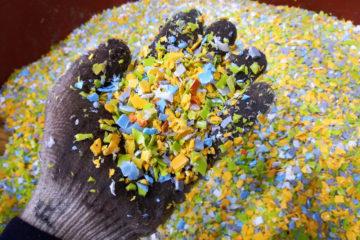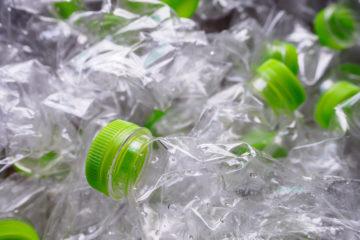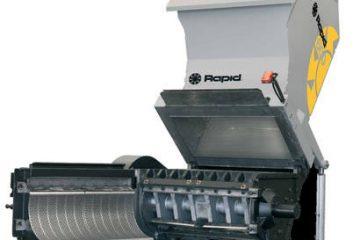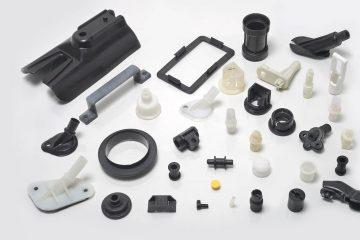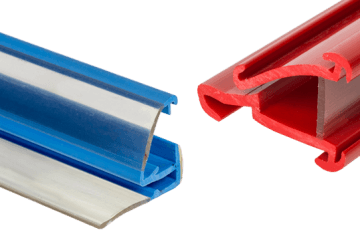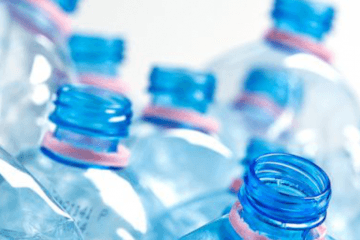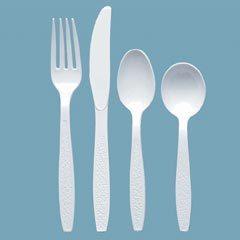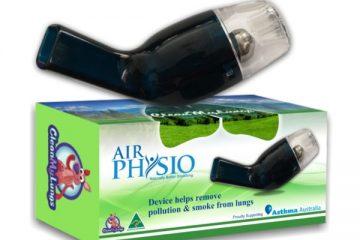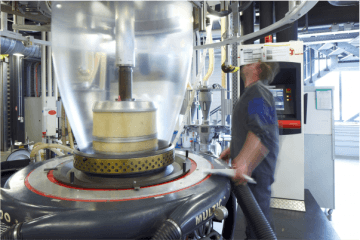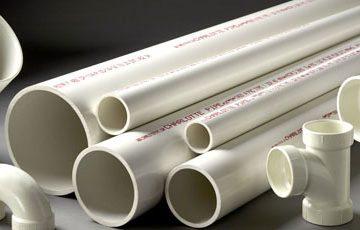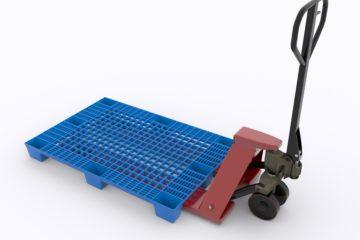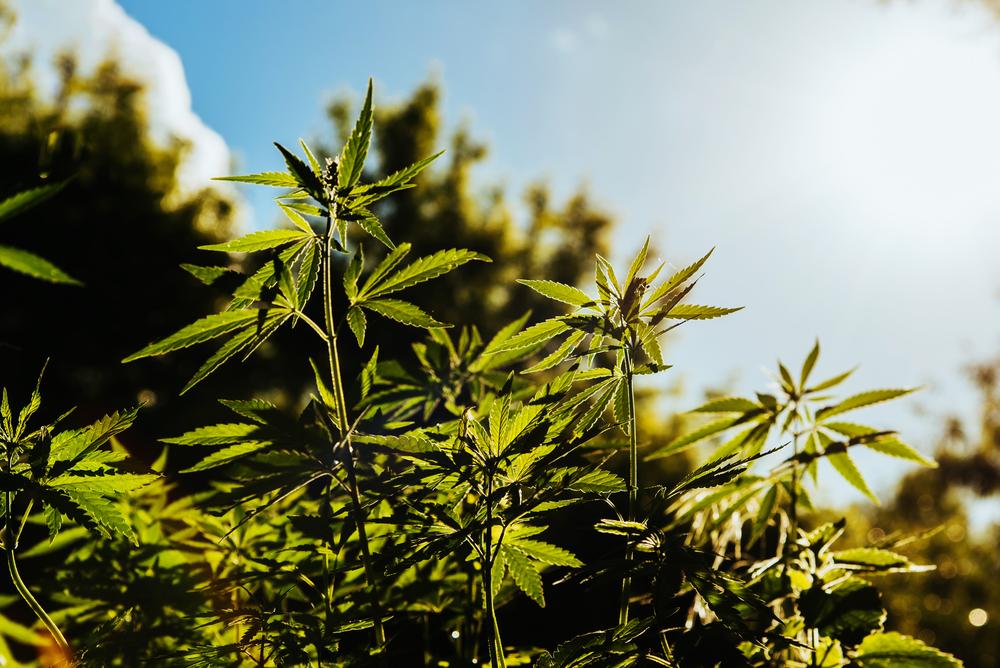
The topic of hemp-based products has been very popular recently in the news and media. Its seeds and flowers are mostly used in nutraceuticals, however the stalks and fibers can be used in construction materials, paper, biofuel, and clothing. People are favoring it as a good production material for its fast-growing ability and environmental sustainability. One of its latest uses is in injection moulding.
People are getting behind the use of this eco-friendly plastic additives for its sustainable, renewable, and in a few cases compostable uses. It only takes 3-6 months for hemp-based plastics to decompose when compared to the 450 years it takes for plastics you would find in water bottles. By substituting petroleum-based components with hemp you can reduce the need for harsh chemicals.

Figure 1: Shows the quick 6 month breakdown of Hemp plastic (2017, Geocopure)
To accommodate for the natural hemp material within the plastic, there are a few drawbacks. Thicker wall sizes and larger gates are required for most products. This will also make injection speeds slower than normal plastics. This means, more plastic is required, and the parts will take longer to produce then your traditional plastic alternative. In its virgin state the plastic is a brown colour and its not possible to get in a transparent look. The strong regulations around Hemp based products and its harvesting makes it not an ideal choice product here in Australia at the current time however possibly in the future hemp-based plastics will become more readily available to the Australian market.
Keeping all these factors in mind we can see this plastic in circulation as the increasing need for green alternatives rising in the market.
Subscribe to Our Newsletter
Get the latest news from Dienamics into your inbox





